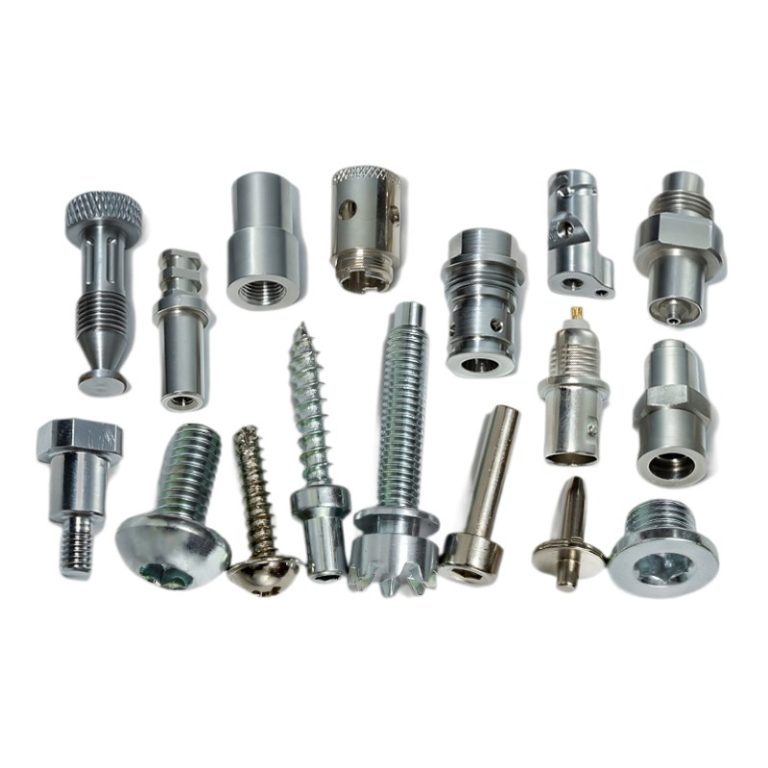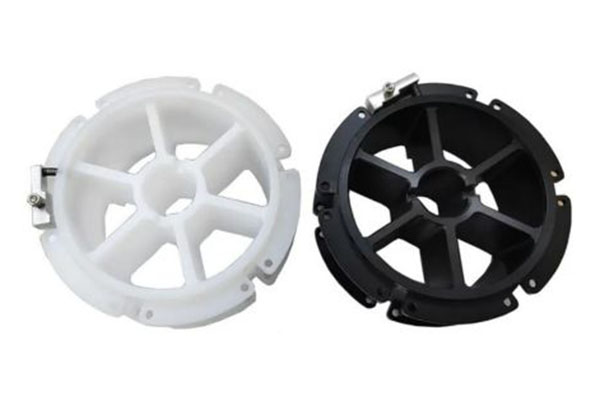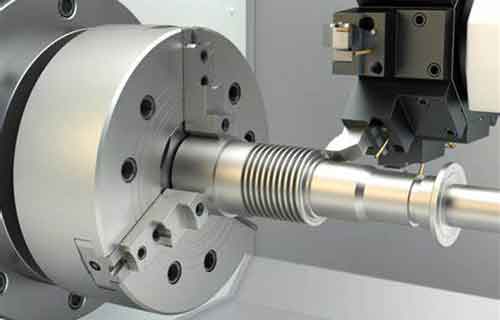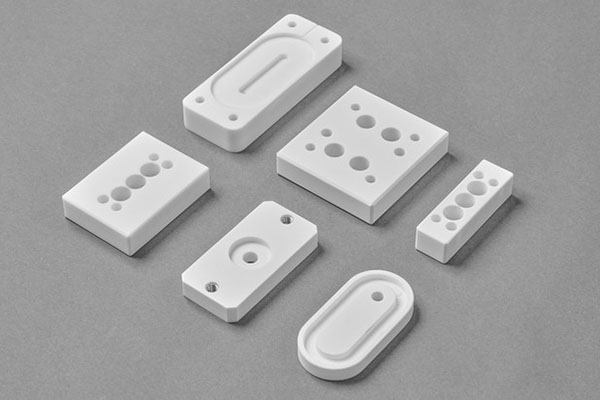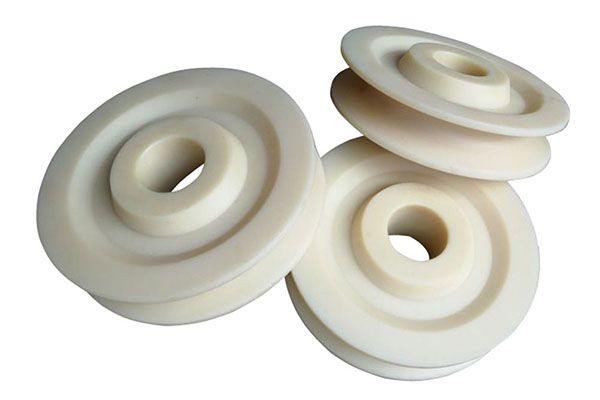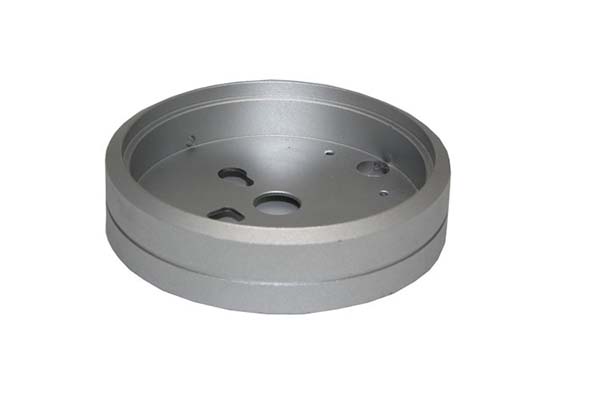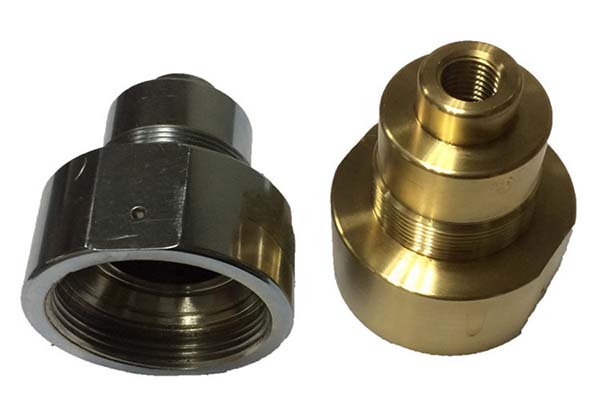Introduction to Precision Manufacturing Companies
Precision manufacturing companies are recognized for their ability to produce high-quality components with exacting specifications, ensuring that every part meets stringent tolerances and intricate designs. These firms specialize in creating complex, high-performance parts, often for industries like aerospace, automotive, medical devices, electronics, and more. The foundation of these companies lies in their use of advanced technologies, specialized machinery, a skilled workforce, and rigorous quality control processes. This article explores what sets precision manufacturing companies apart, highlighting the technologies they use, their industry expertise, and their focus on delivering highly customized solutions to meet customer needs.
Definition and Role in Modern Industry
Precision manufacturing refers to the creation of parts and components with extremely tight tolerances (often measured in microns) and complex geometries. These companies use specialized machinery and processes to ensure that parts meet exact specifications, which is crucial in industries where even minor deviations can affect performance, safety, and reliability.
The role of precision manufacturing companies goes beyond merely producing parts; they often drive technological innovation, contribute to product development, and offer custom solutions that address the specific needs of various industries. Their capabilities are essential in industries such as aerospace, automotive, healthcare, and electronics, where precision is not just a luxury but a requirement for success.
Key Characteristics of Precision Manufacturing Companies
Advanced Technology Adoption
To maintain their competitive edge, precision manufacturing companies are at the forefront of adopting the latest technological advancements. Key technologies include:
- CNC Machining: CNC (Computer Numerical Control) machining is a staple technology in precision manufacturing. These machines are capable of producing highly complex and precise parts with minimal human intervention. The ability to operate 24/7 with automated programs ensures high productivity, consistency, and repeatability.
- Laser Cutting and Welding: Laser technology is widely used for cutting and welding metal parts with unmatched precision. Laser cutting provides the accuracy needed for intricate designs, while laser welding offers strength and minimal heat distortion in joining metal components.
- Automation and Robotics: Automated systems and robots significantly improve production efficiency and reduce human error. Robots handle repetitive, high-precision tasks, while automation integrates sensors, real-time monitoring, and AI-driven analytics to optimize production processes and reduce downtime.
- 3D Printing and Additive Manufacturing: Additive manufacturing (3D printing) enables the creation of highly complex components that would be difficult or impossible to produce with traditional methods. It allows for rapid prototyping, customization, and small batch production, especially useful in industries like medical devices and aerospace.
Skilled Workforce and Training
A highly skilled workforce is crucial for the success of precision manufacturing companies. These firms invest heavily in ongoing training and professional development to ensure their employees are equipped with the knowledge and skills required to operate cutting-edge machinery and understand complex engineering principles. This expertise is vital in maintaining high standards of quality, ensuring safety, and meeting the challenging requirements of precision manufacturing.
Quality Control and Assurance
Maintaining quality at every stage of production is a key differentiator for precision manufacturing companies. Rigorous quality control protocols are put in place, which may include:
- Regular Inspections: Comprehensive inspections are conducted throughout the manufacturing process, from raw material procurement to final product evaluation.
- Testing: Testing methods may include dimensional analysis, non-destructive testing (e.g., X-ray or ultrasound), and functional testing to ensure that parts meet operational requirements.
- Standards Compliance: Precision manufacturers often adhere to international quality standards, such as ISO 9001 or ISO/TS 16949 for the automotive industry, to ensure that all products meet global benchmarks for quality.
Technologies Used in Precision Manufacturing
CNC Machining
CNC machining has revolutionized precision manufacturing by allowing companies to create complex parts with high accuracy. CNC machines operate using a computer program that directs the cutting tools, ensuring that even the most intricate designs are executed to precise tolerances. With multi-axis capabilities, CNC machines can produce parts from virtually any material—metals, plastics, composites, and more.
Laser Cutting and Welding
Laser cutting and welding provide high-speed and high-precision capabilities in industries requiring detailed metalwork. Laser cutting uses a focused beam of light to cut through metal with minimal thermal distortion, which is essential for intricate shapes and clean edges. Laser welding, on the other hand, is used to join parts together without introducing excessive heat, preserving the material’s integrity.
Automation and Robotics
Robotics and automation have a transformative effect on precision manufacturing, allowing for enhanced efficiency, repeatability, and reduced human error. Robots can perform tasks such as loading and unloading parts, assembly, and even quality checks, all with high consistency and minimal oversight. These systems can also be integrated with advanced AI and analytics to optimize production and maintain quality control.
3D Printing and Additive Manufacturing
3D printing allows for the additive creation of parts layer by layer, making it ideal for producing complex geometries and custom components. In precision manufacturing, this technology is particularly beneficial for low-volume production, prototyping, and creating unique, tailored components for specialized applications, such as implants in medical devices or lightweight components in aerospace.
Industry Applications of Precision Manufacturing
Aerospace Components
Precision manufacturing is indispensable in the aerospace industry, where safety, performance, and reliability are paramount. Components such as turbine blades, landing gear, and avionics require extremely tight tolerances and exceptional material properties. Precision manufacturing companies ensure that these parts meet the exacting standards needed to withstand extreme operating conditions.
Medical Devices and Instruments
In the medical field, precision is crucial for the development of surgical instruments, diagnostic devices, and implantable medical devices. The high level of accuracy ensures that these instruments perform their functions effectively, improving patient outcomes. Customized implants or devices can be created to match individual patient needs, particularly in orthopedic and dental applications.
Automotive Parts and Systems
The automotive industry relies on precision manufacturing for critical components such as engine parts, transmission systems, and sensors for advanced driver-assistance systems (ADAS). With the ongoing development of electric vehicles (EVs) and autonomous vehicles, precision manufacturing is increasingly important for producing high-performance components with complex features and optimal durability.
Electronics and Semiconductors
In electronics, precision manufacturing is key to producing microchips, sensors, and other miniaturized components. The semiconductor industry, in particular, requires ultra-precise manufacturing techniques like photolithography and etching to create components that function at the scale of nanometers. These parts are vital for consumer electronics, computing, telecommunications, and more.
Competitive Advantages of Precision Manufacturing Companies
Innovation and R&D Capabilities
One of the key differentiators of precision manufacturing companies is their investment in research and development (R&D). Through continuous innovation, these companies can create new materials, processes, and designs that keep them ahead of competitors. R&D helps them respond to evolving market needs, such as the growing demand for lightweight, durable, and high-performance components in aerospace and medical devices.
Flexibility and Adaptability
Precision manufacturers are known for their flexibility and adaptability. They can quickly adjust production schedules to meet customer demands, modify product designs to suit new specifications, and integrate new technologies as they become available. This agility is essential in industries where time-to-market is critical and customer requirements are continually evolving.
Customer Service and Support
Precision manufacturing companies prioritize customer service, offering tailored solutions that meet the specific needs of each client. Close collaboration with clients ensures that the final product matches their exact requirements, whether it’s a custom-designed implant, a complex aerospace component, or a high-precision automotive part. The ability to provide exceptional customer support is crucial in establishing long-term, trusting relationships with clients.
Case Studies and Success Stories
Examples of Successful Precision Manufacturing Projects
- Aerospace Innovation: A precision manufacturer worked with an aerospace company to develop a lightweight titanium component for aircraft engines. By leveraging advanced CNC machining and additive manufacturing, they reduced the part's weight by 30% without sacrificing its strength. This innovation led to substantial fuel savings for the aircraft manufacturer.
- Medical Device Customization: A medical device company used 3D printing and CNC machining to create a customized knee implant tailored to a patient’s unique anatomy. The implant offered improved comfort and functionality, showcasing how precision manufacturing can enhance patient outcomes by delivering personalized medical solutions.
Lessons Learned and Best Practices
Several key lessons have emerged from successful precision manufacturing projects:
- Collaboration with Clients: Close collaboration between manufacturers and clients helps ensure that designs meet precise requirements and are feasible within the manufacturing constraints.
- Technology Investment: Constant investment in state-of-the-art technologies ensures that companies remain competitive and capable of meeting customer demands for precision and quality.
- Focus on Quality Control: Rigorously maintaining quality standards ensures consistency and prevents errors that can compromise part performance.
- Skilled Workforce: Investing in employee education and training ensures that the workforce is equipped with the skills to handle advanced machinery and tackle complex engineering challenges.
- Adaptability: The ability to quickly adjust to customer requirements and technological advancements is critical for staying competitive in fast-evolving markets.
Conclusion
Precision manufacturing companies are distinguished by their unwavering commitment to quality, innovation, and customer satisfaction. Their ability to leverage advanced technologies, maintain a skilled workforce, and implement stringent quality control measures ensures that they produce high-performance, reliable components for industries where precision is paramount. By focusing on customized solutions, continuous improvement, and adaptability, precision manufacturing companies continue to thrive in a rapidly evolving industrial landscape.
FAQs
What is precision manufacturing?
Precision manufacturing refers to the process of creating parts with extremely tight tolerances and complex designs, often using specialized equipment to ensure high accuracy. It is vital in industries like aerospace, medical devices, and electronics.
How do precision manufacturing companies maintain high quality?
Through rigorous quality control processes, including regular inspections, testing, and compliance with international standards like ISO 9001, precision manufacturing companies ensure that every part meets exact specifications.
What industries benefit most from precision manufacturing?
Industries such as aerospace, medical devices, automotive, and electronics benefit from precision manufacturing due to the need for highly accurate, reliable components.
How does innovation play a role in precision manufacturing?
Innovation drives new materials, processes, and designs, enabling precision manufacturing companies to stay ahead of market demands, improve efficiency, and produce more advanced components.
How do precision manufacturing companies customize solutions for clients?
They work closely with clients to understand their specific needs and leverage advanced technologies like CNC machining, 3D printing, and laser cutting to deliver custom-designed, high-precision parts.
